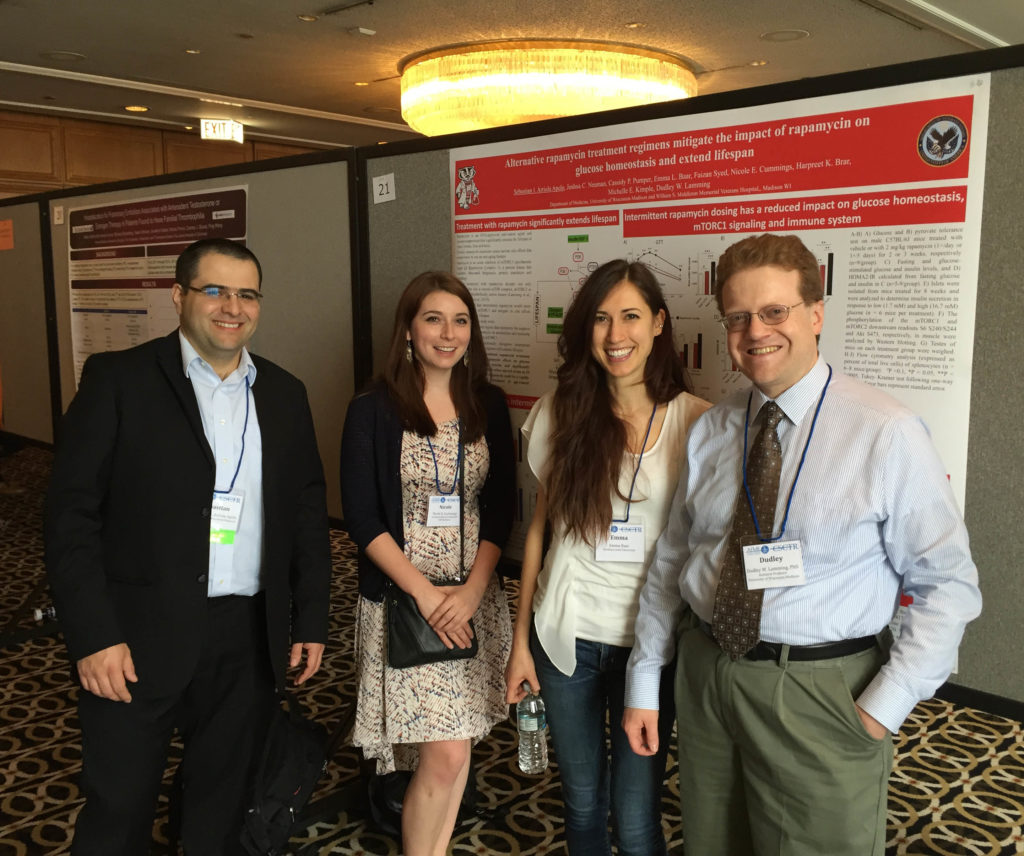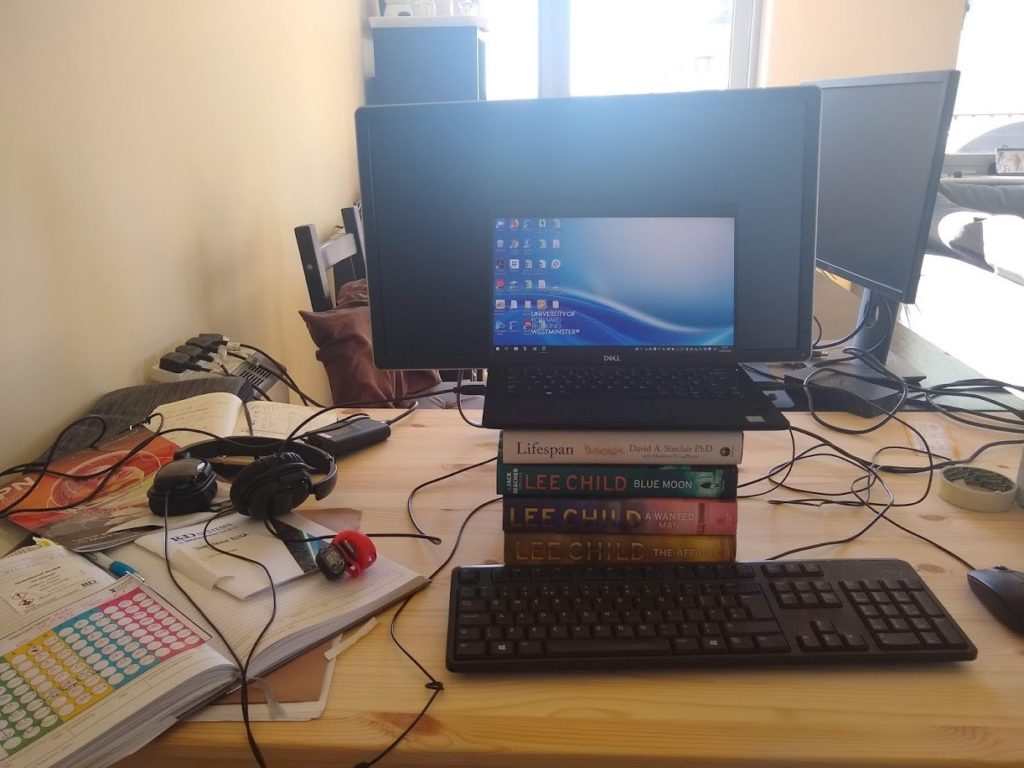The Science of Aging in Isolation
As COVID-19 spreads across the nation, college and university shut down non-essential in-lab research, sending scientists to “do science without a bench.”
As the global death toll of COVID-19 surpassed 22,000 with more than 494,000 cases confirmed, colleges and universities shut its doors to students and employees. While the universities closed labs, a group of anti-aging scientists has managed to organize a virtual community to keep their research going.
Some institutions are aiming to minimize the number of people gathering in buildings while others are shutting down all nonessential in-lab research, putting studies and experiments to a halt. The pandemic has also led to the cancellation of science conferences such as the American Society on Aging (ASA) 2020 Aging in America conference.
“When we think about the scientific community, research conferences are an important part of the way that we communicate,” says Dudley Lamming, who studies how nutrient regulates the process of aging at the University of Wisconsin-Madison. “All of the meetings that have been disrupted have not only disrupted the ability of information to flow freely about the work that’s in progress, and also taken away opportunities for early-career researchers, postdocs, and graduate students to present their research and get to know the research that’s going on in a variety of labs.”

Inspired by other scientists on Twitter, who are looking for ways to do science without a bench, Lamming saw an opportunity to bring together the aging science community through the internet. With the help of William Mair, who studies the basic biology of aging at Harvard University, they launched a Slack Community and Twitter page –@AgingSciTalks– to connect the scientists. Talks through video conferences on Webex are scheduled at 1 pm EST every weekday to provide a platform for scientists to share their latest research.
About 300 people attended each talk, and almost 50 volunteers have signed up to present their work in the following two months. The Slack channel now has over 850 members from around the globe since it launched last week.
“I see a lot of younger members using [the virtual community] as a really useful networking place,” says Bradley Elliott, who studies the physiology of aging at the University of Westminster in London. The closing of universities in the UK has sent faculty, like Elliott, to work from home. “One thing that’s really useful is just to remind people that we’re not back at home. We’re not isolated completely.”

The community aims to keep a mix of career levels for people to present their work on a regional, national, and international level. It provides a platform for scientists to talk about research, get feedback, brainstorm ideas, and identify potential collaborators.
The world population is growing older. One in six people in the world will be over the age of 65 by 2050, up from one in 11 in 2019. The number of people aged over 80 will triple in the next 30 years, according to the projections of World Population Prospects 2019 from the United Nations’ Department of Economic and Social Affairs (DESA).
Percentage of the population aged 65 or over in 2020 and 2050. (Credit: United Nations DESA)
“We want to be able to live and maintain our physical activity and our independence and our mental capacity until the end of our lives, or as close to that point as possible,” says Lamming. “We’re most interested in promoting healthspan, and of course, if that extends overall lifespan as well, then that’s terrific. But we really want to be able to live a very healthy life.”
The urgency of anti-aging science has grown. For many, living longer can mean more time spent with loved ones, but it may also come with a burden of chronic diseases, including Alzheimer’s, cardiovascular disease, and diabetes.
“We do want to keep doing research, and we do want to keep helping people, but for now, we have to do that in an ‘online’ way,” says Elliott. “It’s been really awesome to see how people have responded in such a positive way to what is a difficult and challenging situation.”
Aging Science Slack channel and presentations welcome scientists with similar interests to join.

